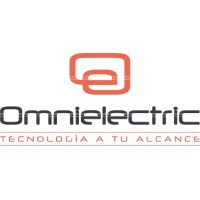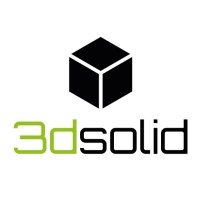
Omnielectric
OMNIELECTRIC es una joven empresa dedicada a la distribución de material eléctrico y electrónico especializado en automatización e instrumentación de procesos. Nuestro principal objetivo es satisfacer las necesidades de nuestros clientes disponiendo de los productos más actuales y competitivos, adaptándonos a las nuevas tecnologías y manteniéndonos siempre informados sobre nuevos productos y procesos que puedan incrementar la productividad de las distintas actividades que puedan desarrollar.






